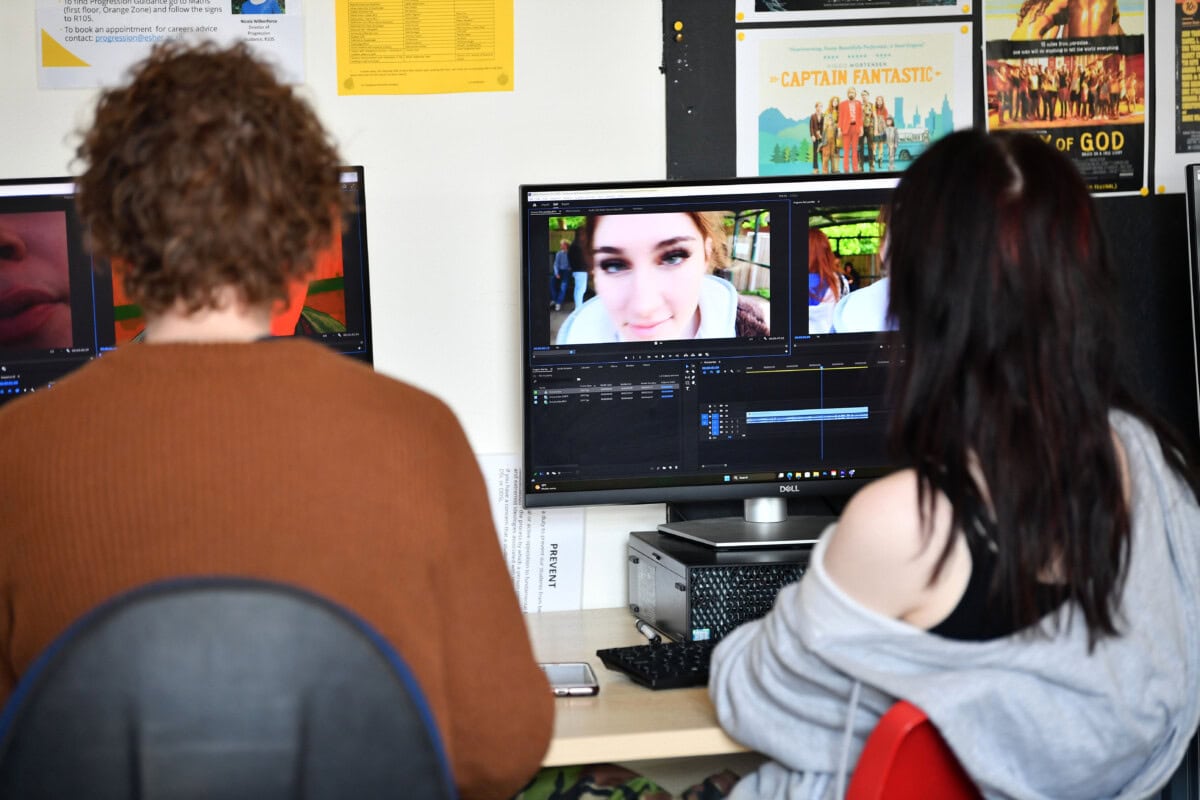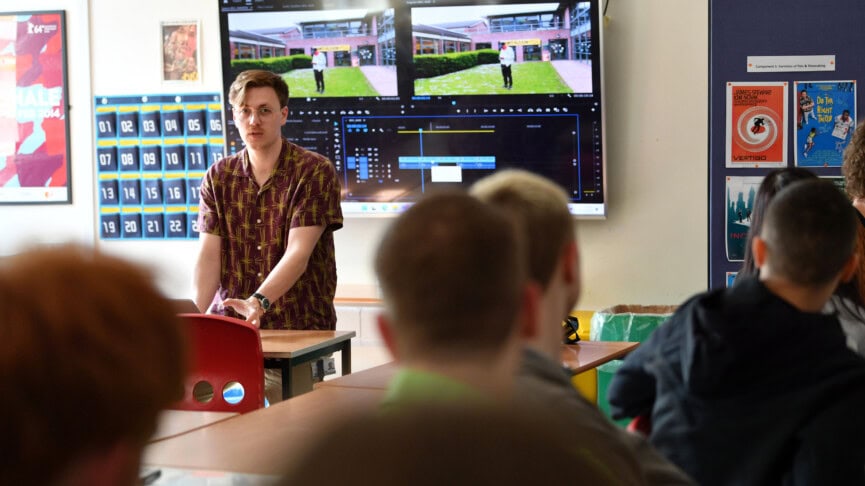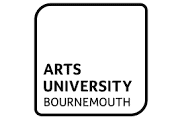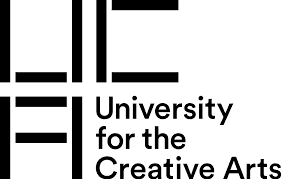Overview
Film Studies A Level builds on your prior knowledge of film through the study of a variety of different topics over two years. You will engage with a wide range of films, developing skills of observation, critical analysis and personal reflection.
Entry Requirements
In addition to the College Entry Requirements, to qualify for this course you will also need to achieve a minimum of:
- Grade 4 in GCSE English Language, and if taken, a Grade 4 in GCSE Media Studies, Film or BTEC First/BTEC Technical /Cambridge National Level 2 Merit in a Media related course.
Course Details
There will be a strong focus on film as an art form, with an emphasis on aesthetics and on how the language of film makes meaning for spectators. Topics studied include narrative and genre, spectatorship, the film auteur, and an exploration of political, social, cultural and historical contexts in relation to the films studied.
The focus films include some mainstream Hollywood productions but also black and white, foreign language and independent films.
The creative coursework component will give you the opportunity to apply knowledge and understanding through the construction of a short film.
Assessment
Assessment is by coursework on filmmaking or screenwriting (30%) and two essay-based exams (70%) at the end of your second year.
Subject Combinations
Film Studies is a subject that by its nature requires students to consider individual, moral, ethical, social, cultural and contemporary issues. Therefore Film Studies combines well with any humanities subject; History, Philosophy, English, Politics or Sociology, for example.
Also, as our specification strongly emphasises film as an art form, students will often combined it with other similar subjects, such as Photography, Art, Performance Studies and others.
Students are allowed to take Film Studies with Media Studies, as with the new specification they are notably different. A number of film students who are keen to join the film and media industries, either straight after college or after a film-based degree, combine Film Studies with one of our BTEC courses, in order to broaden both their practical and creative/analytical skills.
We advise that you speak to a member of the Department for further information, if you are considering taking more than one qualification with us.
University Destinations
Film Studies A Level is a highly respected qualification, with 90% of our students progressing onto university.
Here are some typical university destinations that our Film Studies A Level students go on to. Click on a destination to see some examples of courses they have taken;

University of Sussex
Typical courses: Film Studies / Business and Management Studies (with a professional placement year) / International Relations
Careers
Many students go on to read Film Studies or Film Production at university but as the course is an academic A Level, it supports a variety of other subjects for university entry. Film Studies A Level has an excellent reputation and is accepted by the most competitive universities.
FAQs
What is the difference between Film Studies A Level, Media Studies A Level and BTEC media courses?
Film Studies focuses purely on the study of film whereas Media Studies looks at a range of media (music videos, radio, TV programmes, newspapers, social media and more) but not film. Film Studies is closer in nature to English Literature, except the textual analysis is focused on film rather than the written word. Both Film and Media Studies encompass practical elements, with a 70% exam / 30% coursework ratio.
The focus of our BTEC media courses (BTEC National Certificate and the BTEC National Diploma) is on the acquisition of professional media skills and it is therefore a ‘hands on’, practical course. The dominant learning paradigm is to ‘learn by doing’. The sharpest contrast between the two courses lies in the assessment of work.
What skills will I need and develop on this course?
You will be encouraged to engage with a wide range of films, developing skills of critical analysis and personal reflection, as well as creativity and practical skills in both scriptwriting and filmmaking.















